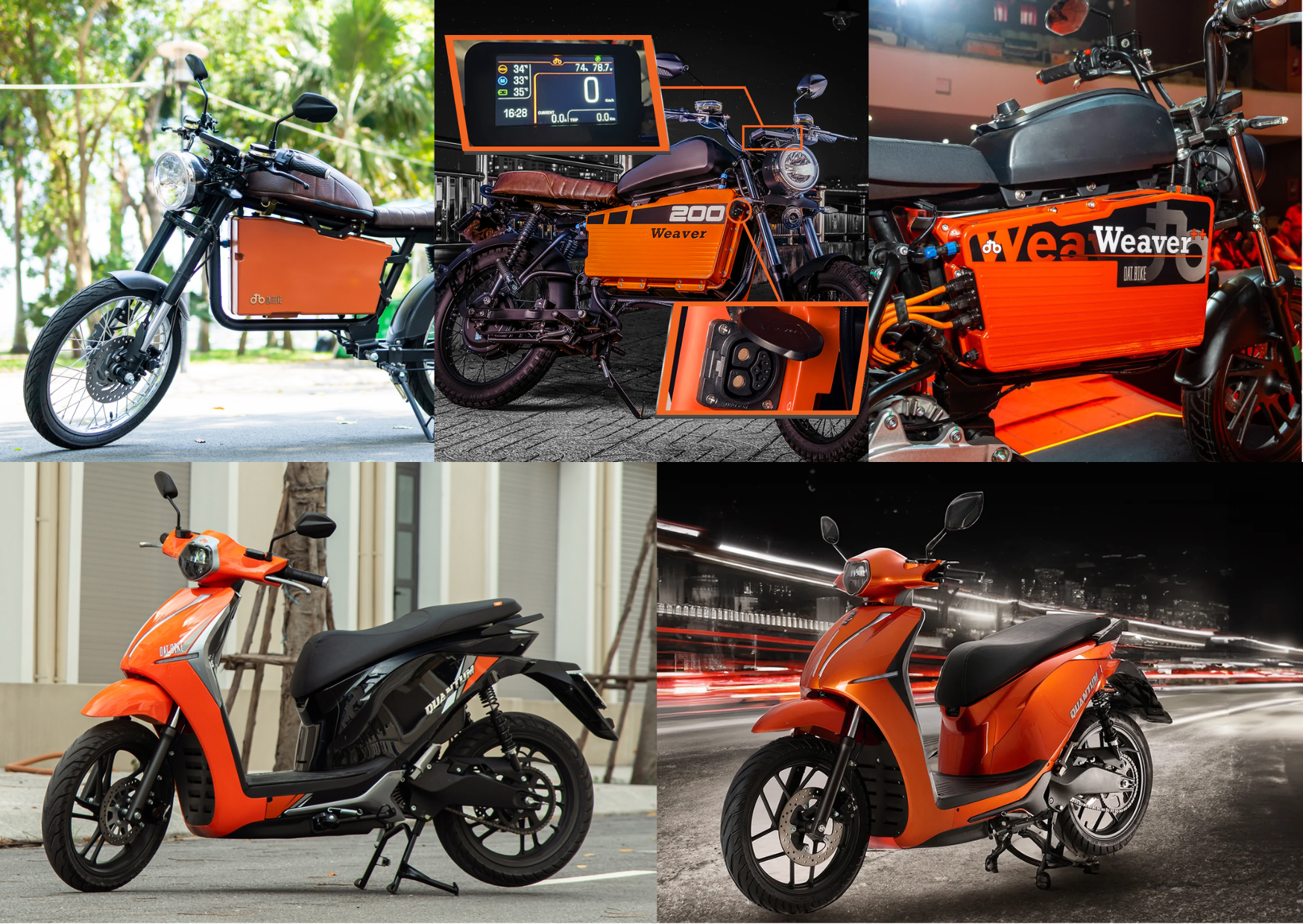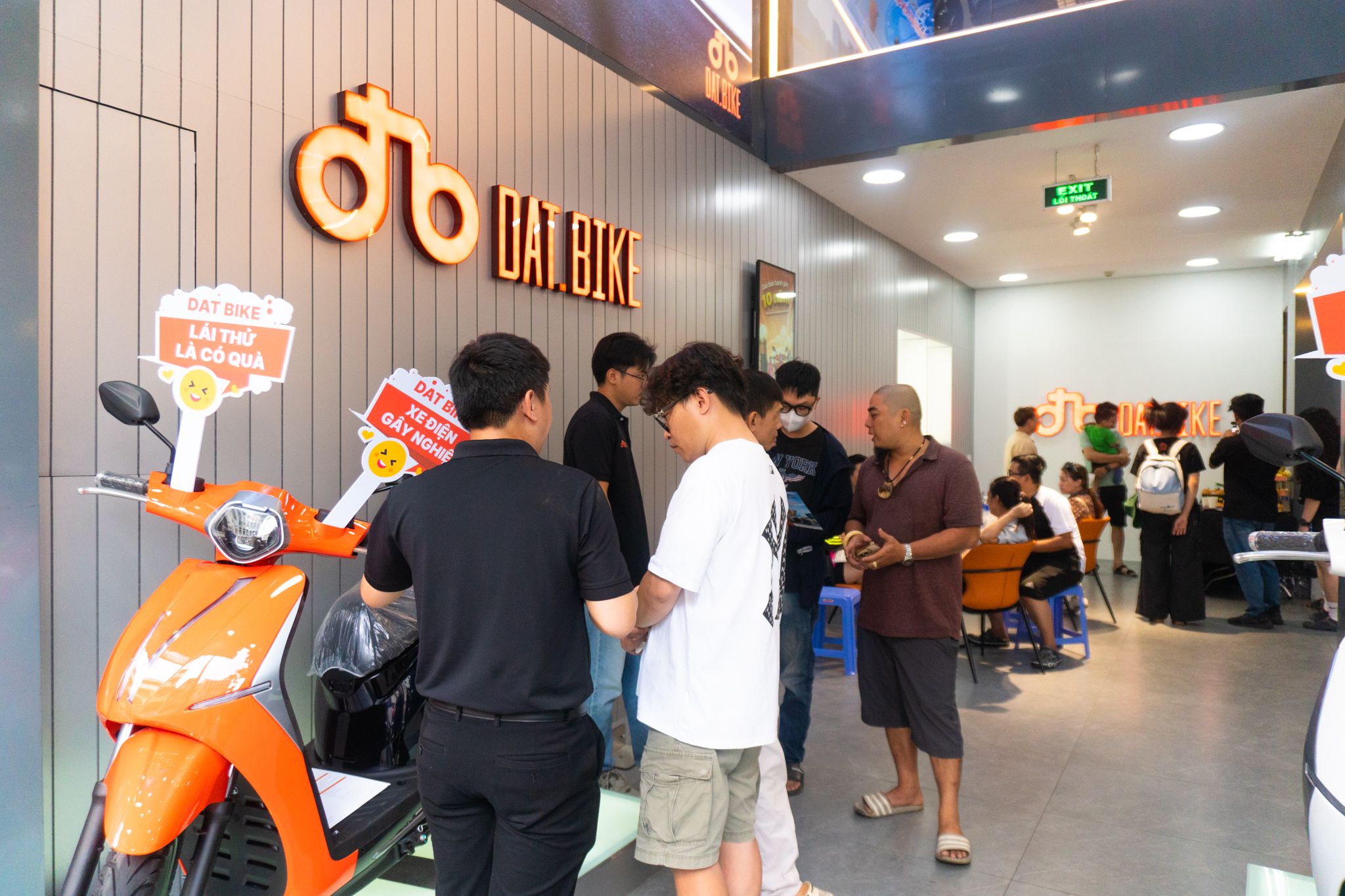The moment Dat Bike built for
With Hanoi’s plan to ban fossil-fuel motorbikes within Ring Road 1 from July 2026, the question facing Vietnam’s two-wheeler market is no longer “if” but “how fast?” While many industry players are only now accelerating their electric push, Dat Bike has spent the last several years grinding to bring electric bikes on par with, and now ahead of, gasoline on both cost and performance.
Dat Bike’s story began well before this policy deadline, when founder Son Nguyen understood that change in Vietnam can happen almost overnight. So rather than wait for government mandates, Dat Bike built as if this moment was inevitable, knowing incentives alone wouldn’t be enough. Riders needed an electric bike as good, or better, than what they already had.
“When we started Dat Bike in 2018, we weren’t waiting for the market to tell us what to do. We knew incentives alone wouldn’t get people to switch. Riders needed an electric bike that was just as good, or even better than what they already had. So with every new model, we pushed to bring down the cost and raise the bar on performance. That has always been the plan. So when the policy push finally arrived, we’re ready. This is not luck, but our years of persistence and iteration knowing this moment would arrive,” — Son Nguyen, Founder and CEO of Dat Bike.
But the early market was stacked against them. For most Vietnamese riders, electric bikes simply didn’t make sense. EV prices were high, they came with limited range and charging took too long. Even as some early adopters gave EVs a try, most riders stuck with gasoline while waiting for a viable electric option that could truly compete.
Instead of waiting for the market to mature, Dat Bike took on every challenge head on. Since inception, each model — from Weaver (2019), Weaver 200 (2021), Weaver++ (2022), The Quantum (2023), to now Quantum S (2024) — has slashed cost by at least 20% and boosted range, power, and charging time by 30% or more. Dat Bike now leads the Vietnamese market in cost-to-performance, proving that EVs can not only match, but beat gasoline bikes.

“For seven years, Dat Bike has relentlessly focused on making electric vehicles not just competitive, but superior to gasoline by consistently reducing costs and boosting performance with every new model. Our proven ability to deliver on cost/performance means we're perfectly poised to lead as the government now decisively champions EV adoption. This policy shift dramatically amplifies our ability to bring a cleaner, more efficient, and ultimately better transportation future to Vietnam," says My Tran, Principal, Vietnam and Southeast Asia investments.
Early concerns about charging and battery reliability have faded. Yes, Dat Bike has partnerships with coffee shops and local businesses to offer convenient charging options, but most customers stop worrying about it once they’ve switched. Dat Bike’s focus on long range and fast charging means “range anxiety” is no longer part of its riders’ daily lives. The latest Quantum S series even set a new record of 285km per charge for electric two-wheelers! This practical advantage means an average rider can enjoy the simplicity of charging just once a week for their daily 30km commute.
Dat Bike also knew that after-sales service would determine whether electric bikes could become mainstream. While EV support in Southeast Asia still means a hotline or a third-party workshop, Dat Bike built a network of 20 owned stores nationwide (as of July 2025), complemented by dealership locations to extend coverage further. These centers are staffed by teams to handle repairs, battery replacements, and routine maintenance, turning what used to be a barrier into a reason to switch.

Now as the deadline looms over Hanoi’s Ring Road 1 and potentially Ho Chi Minh City, Dat Bike’s years of groundwork are about to be tested at scale. While competitors race to retrofit their businesses and address customer concerns, Dat Bike’s riders will simply keep doing what they do- riding to work, running errands, and charging up in the time it takes for a cup of coffee.
In an industry shaped by waiting for someone else to move first, Dat Bike’s head start is, as Son said, anything but luck. It’s years spent solving the hardest problems for Vietnam and Southeast riders before anyone else. Come next July, thousands of riders will find themselves forced to make a choice. For those already riding electric, it’s just another day on the road.